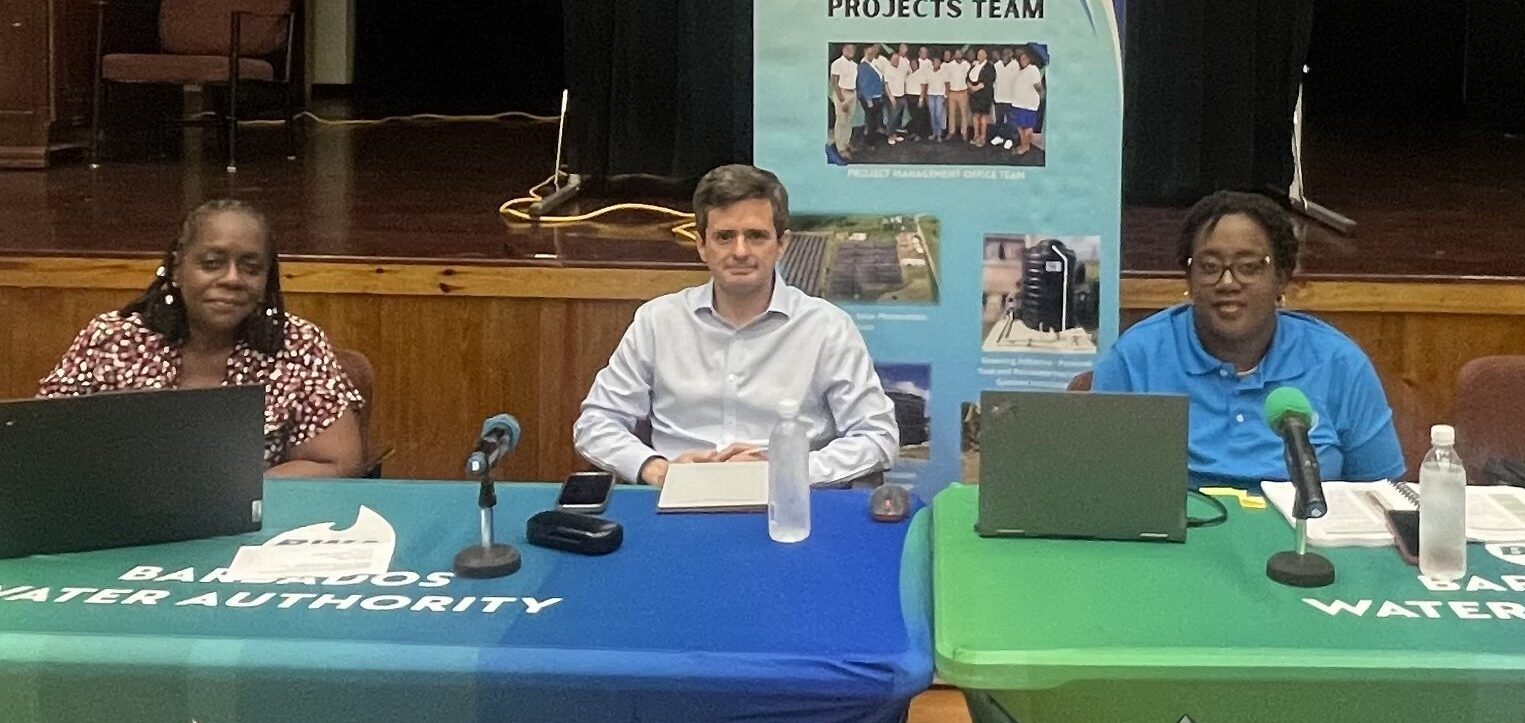As Barbados prepares to embark on a transformative $160 million water infrastructure upgrade, authorities are emphasizing the importance of safeguarding residents and the environment during the construction phase. At a recent public stakeholder engagement session held at Lester Vaughan School, the Barbados Water Authority (BWA) and the Inter-American Development Bank (IDB) presented a detailed Strategic Environmental and Social Management Plan (SESMP). This plan includes 18 targeted programs addressing occupational health and safety, road safety, traffic management, air quality, noise control, and compliance monitoring. Federico Scodelaro of the IDB explained that the SESMP aims to conduct a thorough evaluation of environmental and social impacts, establish effective mitigation strategies, and implement robust management procedures to minimize risks throughout the project’s lifecycle, from construction to eventual closure. Key risks identified include occupational accidents, dust and noise pollution, and potential disruptions to roads and small businesses, particularly in high-traffic areas. However, Scodelaro also highlighted the project’s positive outcomes, such as job creation, enhanced water supply reliability, and improved groundwater conservation. To ensure accountability, a three-tier grievance redress mechanism has been established, prioritizing urgent safety concerns for swift resolution. The infrastructure program is divided into four components: $100 million for replacing 100 km of deteriorated water mains, $50 million for leak detection and network optimization, $6 million for enhancing BWA’s technical capacity, and $4 million for staffing and monitoring. BWA Project Manager Shelley Parris underscored the project’s focus on improving service delivery, climate resilience, and environmental management. While acknowledging the challenges of funding and the scale of the work required, Parris expressed confidence in the BWA’s ability to manage the project effectively, citing past experiences with similar initiatives. The SESMP document is accessible online and at various public locations across Barbados.
